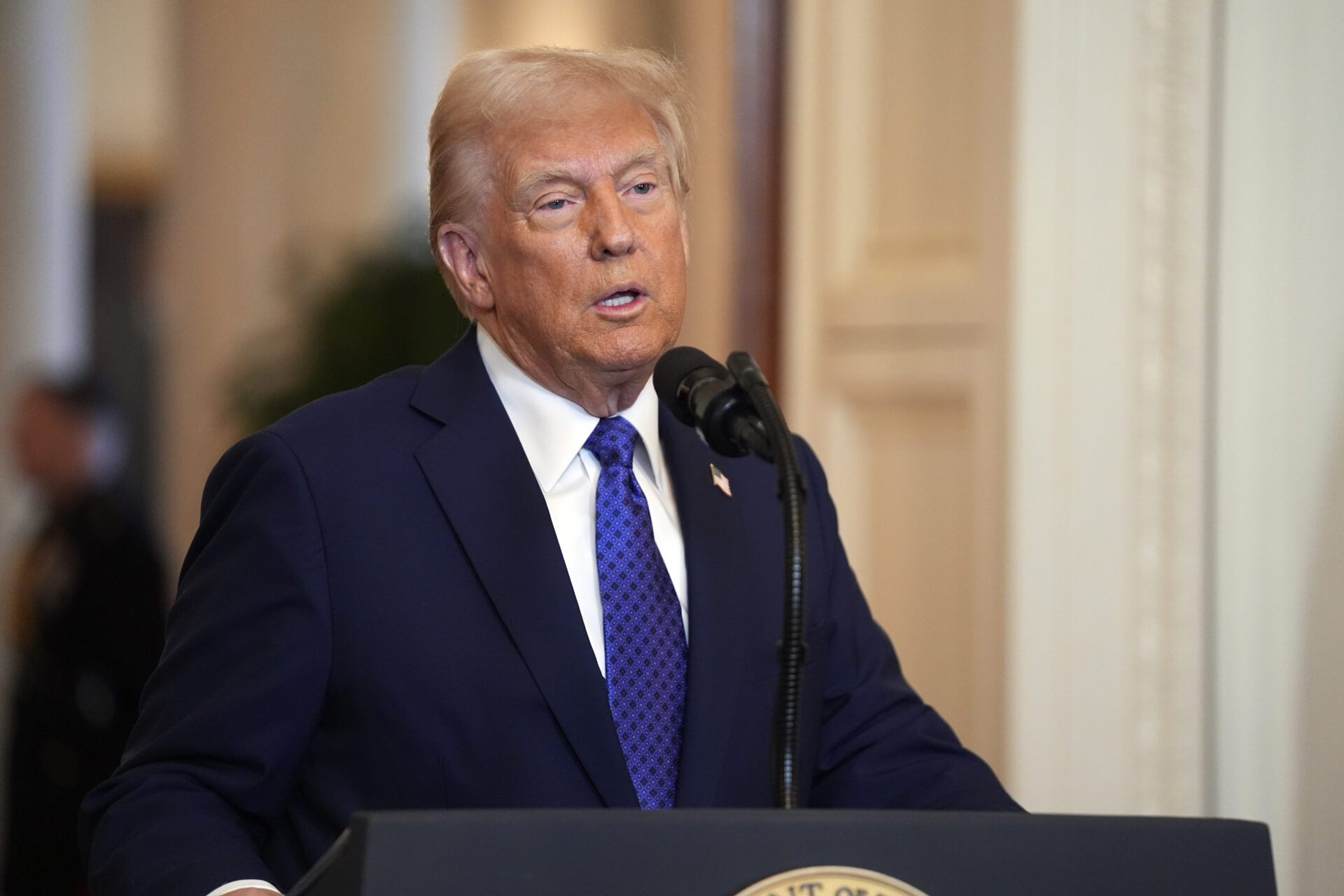This week, President Donald Trump’s administration introduced then rescinded a memo freezing trillions of dollars in federal funding.
At his press conference on Tuesday, Governor Patrick Morrisey said his administration was planning to talk to the Trump administration about the freeze and review of federal funds. Morrisey said federal funds make up almost half of state revenue.
The freeze was initially announced in an internal memo on Monday, leading to widespread confusion ahead of a 5 p.m. Tuesday deadline for the freeze to take effect. However, a federal judge paused the freeze late Tuesday afternoon.
Then Wednesday afternoon, the Trump administration rescinded the memo. A review of federal funds for compliance with Trump’s recent executive orders can still continue, and confusion lingers after Trump’s Press Secretary Karoline Leavitt said the freeze itself was not rescinded.
State Medicaid portals were temporarily unavailable on Tuesday but have since been restored.
“The West Virginia Department of Human Services is aware of the recent federal funding freeze and continues monitoring potential impacts on our programs,” Communications Specialist Angel Hightower wrote to in a Wednesday email to WVPB at 1:25 p.m. “At this time, our financial processes are operational.”
According to a recent Pew study, federal funds cover over 80% of West Virginia’s Medicaid costs.
